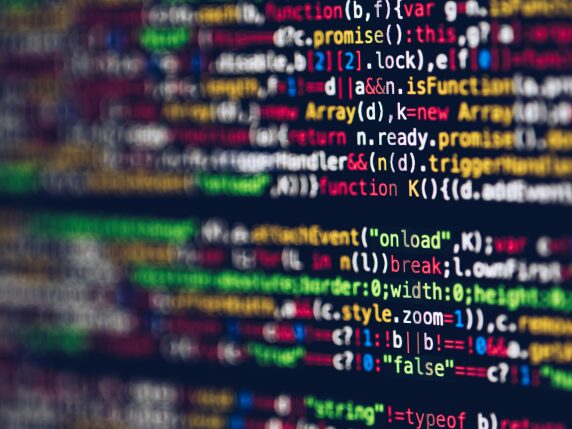Working from home has become the conventional way for many businesses to operate during the pandemic.
Now, a new survey by one of Harper James Solicitors’ clients, digital learning provider Skillcast, has revealed that a rising number of employers are looking at ways of tracking the effectiveness of their work from home procedures.
The poll by Skillcast found that a significant number of businesses (20%) had already introduced remote tracking or were considering bringing it in.
Vivek Dodd, the CEO of SkillCast, commented: ‘While we've found that corporate decision makers are comfortable with their staff working remotely, they're also making adjustments for improving employee support and compliance to support remote working for the long haul.’
The survey also revealed that 46% of businesses feel employee loyalty is stronger since the Covid-19 pandemic, and 35% of businesses plan to improve the workstations of staff working remotely in 2021 - indicating many are in it for the long-haul.
The findings, which emerged in a survey of more than 2,000, comes as many businesses look set to continue asking employees to work from home long into the New Year. Firms are also reportedly considering permanently allowing their staff to work remotely even after the pandemic passes.
Although, the idea of bosses 'snooping' on workers may concern some employees.
Is monitoring remote-working employees legal?
Data protection solicitor David Sant says steps can be taken to ensure measures are safely introduced.
He said: ‘It’s not just a case of installing the monitoring software and cracking on with it. Monitoring of employees may be possible, but employers need to go through some essential governance steps first.
‘They need to consider the risks, document their decisions and inform their employees. Above all, the employer must have a clear statement of the purpose of the monitoring. If there is a good reason for wanting to monitor employees, then there will probably be a way to do it legally.
‘By following the proper processes, such as carrying out a data protection impact assessment, the employer will actually reduce the risk of grievances from employees.
‘Employers should be mindful here of any employee’s right to privacy under the Human Rights Act and the employer’s implied contractual duty of trust and confidence. Therefore, it is strongly advisable for employers to be transparent about any monitoring of staff.
‘As part of this transparency employers should provide all staff with an electronic communications policy to set out appropriate standards for the use of communication systems at work and to explain what monitoring will take place as well as the reasons why the monitoring is necessary for the employer’s business.’
Key facts to remember if you are considering tracking workers
- Employers can monitor the productivity of employees, provided they adhere to data protection and privacy laws and inform their employees in advance about the nature and extent of the monitoring.
- The first step for employers is to carry out a data protection impact assessment (DPIA). A DPIA is necessary because of the systematic monitoring and the power imbalance between employers and employees. These features mean that employee monitoring is likely to be viewed as a high-risk activity.
- For a DPIA to be useful, employers should be honest about the monitoring process, their objectives, and the risks involved.
- One of the risks with systematic monitoring of employees is that employers may gather information about their employees' private lives.
- The Information Commissioner’s Office issued the Employment Practices Code to help employers comply with data protection and privacy obligations.
- The Employment Practices Code states that monitoring will only be justified where the intrusion into the employees’ private lives is justified by the rationale for the monitoring.






